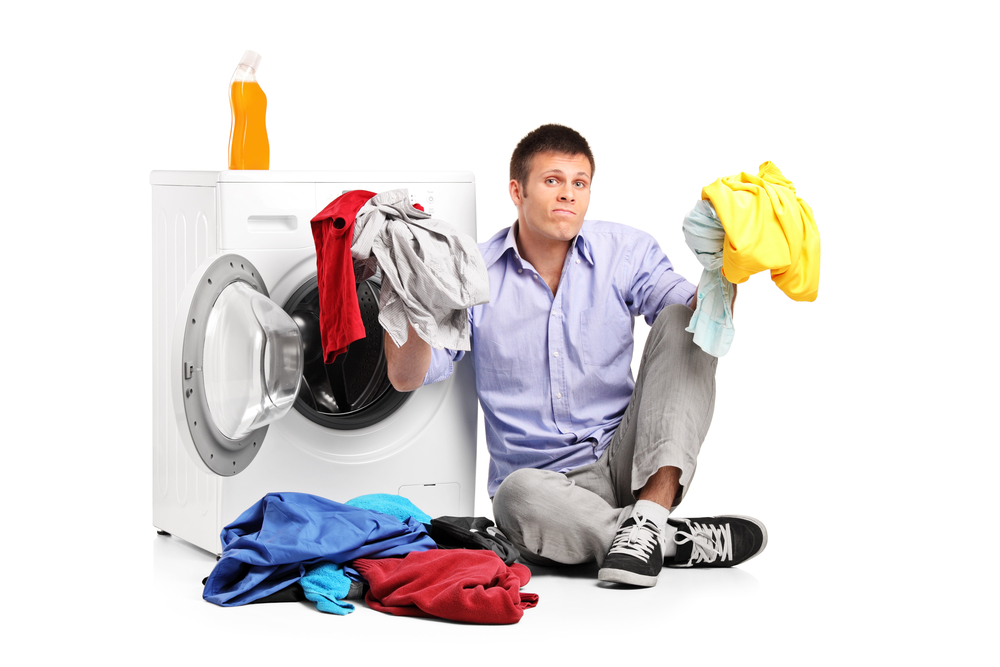
Consumers are being outsmarted by their washing machines
Given all of the hype surrounding the Internet of Things and intelligent devices you might think that consumers would be keen to make use of all the latest options.
However, a new study by UK online retailer Appliances Direct suggests that for many people even mastering their washing machine is too much.
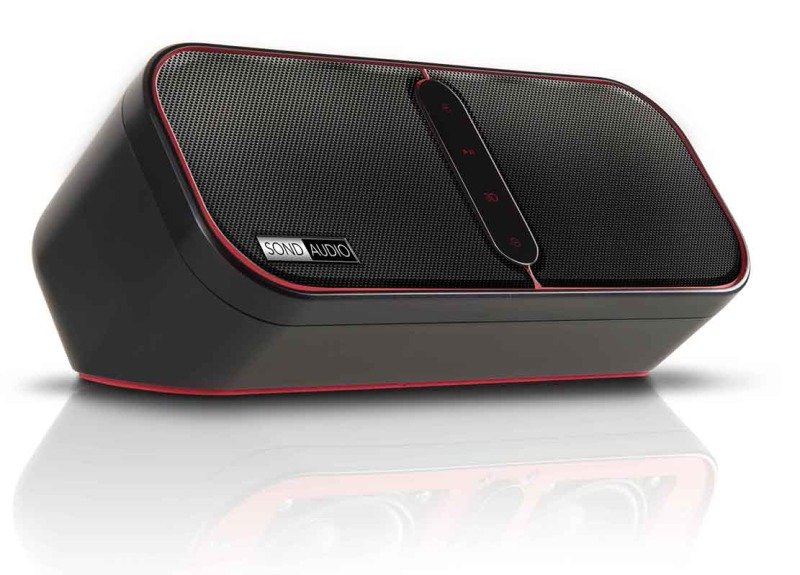
Sond Audio portable NFC speaker: Small size, big sound [Review]
When choosing a portable Bluetooth speaker you’re probably swayed by several factors -- size and brand being chief among them. I own a Cambridge Audio Minx Go, and the Cambridge Audio name was definitely one of the reasons I considered that speaker in the first place.
Sond Audio probably isn’t a name you’re familiar with. It’s actually Ebuyer’s own audio brand, and products under that label include speakers, headphones and soundbars. The Sond Audio portable NFC speaker is the first Sond product I’ve tried, so is it a hit or miss?

Access folder contents instantly with Wincmder Shellex
If your desktop is cluttered then you could create a few folders to hold shortcuts, important files, whatever you access regularly. That works, but it’s less convenient: you’re forced to open a folder to view the contents, then close it when you’re done.
Install Wincmder Shellex and just right-clicking a folder displays a menu listing its contents (shift+clicking gets you the previous context menu). Choose a shortcut or file and it launches as usual, no need to open the folder at all.

How the cloud marketplace is shifting to target specific niches [Q&A]
Spending on Platform-as-a-Service (Paas), Software-as-a-Service (SaaS) and Infrastructure-as-a-Service (IaaS) is forecast to reach $118 billion this year, and it's clear the cloud is now big business. Companies are fighting to enter the space with new industry- and marketing-specific offerings. But what effect will this have and will it worry the big players like Amazon Web Services?
We spoke to Scott Swartz, VP, CTO Enterprise and Cloud Billing at Ericsson and founder of MetraTech, an enterprise billing specialist recently acquired by Ericsson, to find out more about the state of the IaaS space.
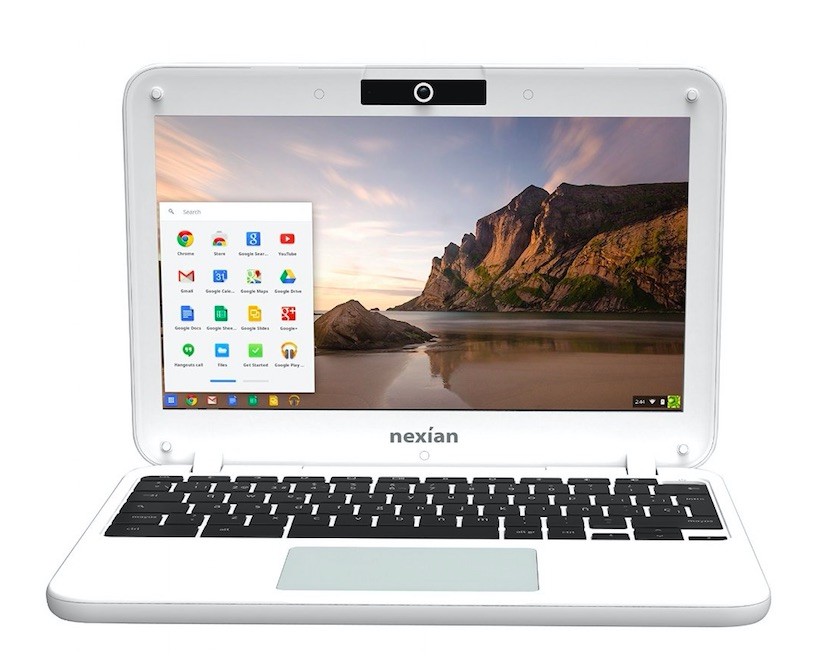
Google launches $200 Chromebooks by Xolo and Nexian in India
At an ongoing event in New Delhi, Google launches two new Chromebook models from Xolo and Nexian. Aimed at the education sector, both the Chromebooks are priced at Rs 12,999 ($200), and go on sale starting today.
The Xolo Chromebook sports an 11.6-inch display of 1366x768 pixels resolution packed in a glossy plastic body. It is powered by a quad-core Rockchip Cortex A17 processor coupled with 2GB RAM, and 16GB of internal storage. The notebook flaunts a decent enough keyboard with tactile feedback.
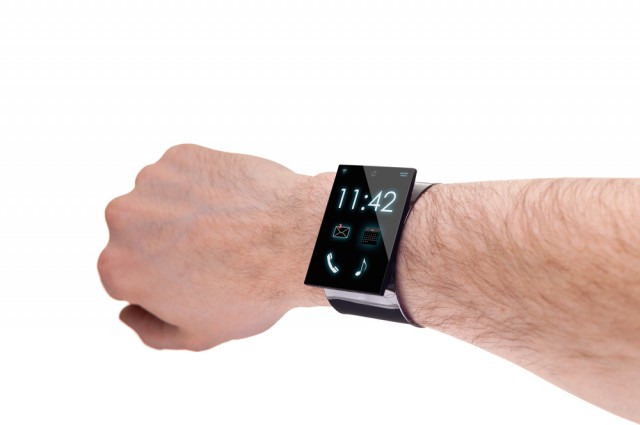
China military bans smartwatches to lower security risks
China has warned its soldiers not to use smartwatches and wearable gadgets as they could be in breach of army security protocols.
The country’s military issued a statement against the use of Internet connected devices after a recruit attempted to take a photograph using a smartwatch. Restrictions surrounding mobile phone use are already in place.
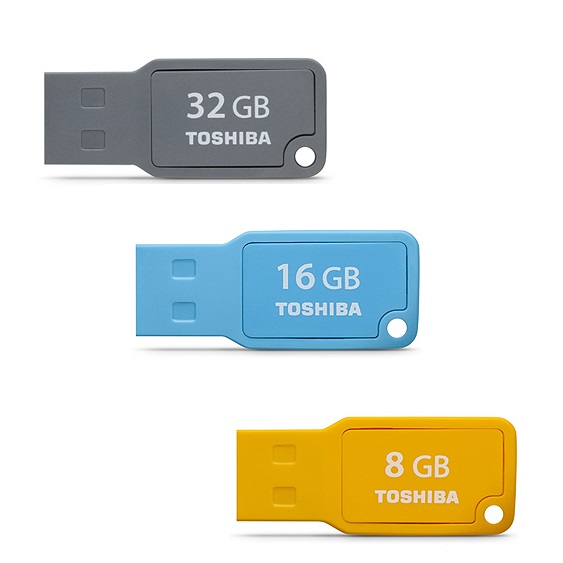
Toshiba releases TransMemory Retractable U362 and Mini U201 USB flash drives
Cloud storage is all the rage nowadays, and for good reason -- it is convenient and oftentimes free (depending on capacity). With that said, there are still benefits to physical on-premises storage for redundancy and possible security reasons. For businesses in particular, it can be daunting to trust confidential information and trade secrets to the cloud. I rather like flash drives for operating system installs, such as Ubuntu and Windows.
Today, Toshiba announces two new models of USB flash drive; the USB 3.0 U362 and the USB 2.0 U201. Besides speed differences, the former is retractable, while the latter is very small and colorful. In other words, the company is offering consumers different options and price points.

Candy Crush Saga is to Microsoft as U2 'Songs of Innocence' is to Apple
Candy Crush Saga is one of my favorite games. While some will dismiss it as nothing more than a time-wasting fad, I find it to be a fun, skill-based game, mixed with a high dose of luck too.
Today, Microsoft announces that not only is Candy Crush Saga coming to Windows 10, but it will automatically be installed on the computers of some users. My love for the game is inconsequential. I am not happy that Microsoft is doing this. Quite frankly, it is reminiscent of Apple shoving that horrible U2 album, "Songs of Innocence", down the throats of its users. It is a bad practice, and I hope the company changes its mind.
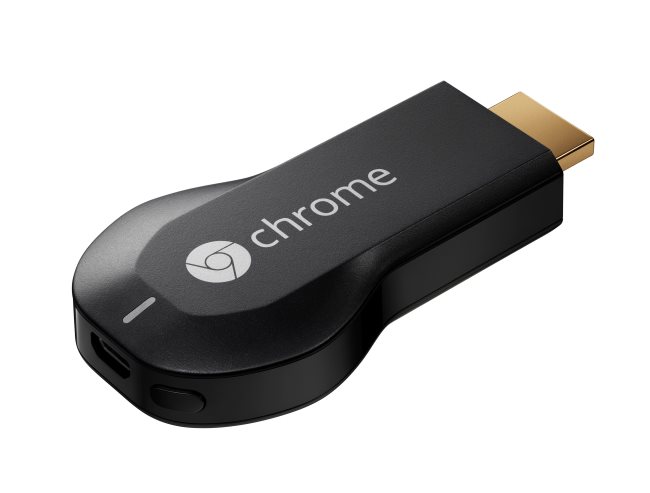
Google Chromecast gets new content from HGTV, CBS and FOX
OK, so you bought a Chromecast because it was super cheap and ultra cute, but you have yet to really utilize it. I get it -- everyone is so damn busy nowadays, that it can be hard to relax and watch TV and movies. Plus, while content availability for Google's dongle has improved immensely, there is still progress to be made.
Well folks, it is time to dust off your little Chromecast and fire up your television, as today, Google announces new content. No, this is not third-rate programming, but top-shelf stuff like FOX and CBS. Yes, you can now "cast" Big Bang Theory -- bazinga!

Rdio brings new music options at an affordable price
Music options abound these days, some more affordable than others. It's become genuinely hard to choose a streaming service that fits your needs and budget. While there aren't any new options on the market, one may have just become much more appealing, as Rdio makes a major annoucement about services and pricing.
This latest move adds a combination of both radio and streaming music of the user's choice and does so with one reasonably priced plan.
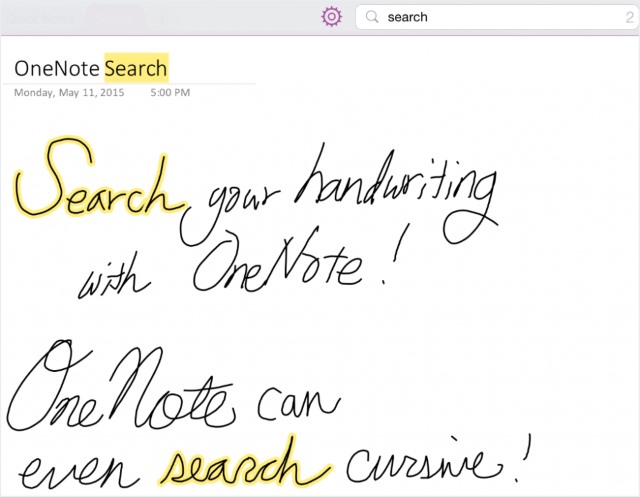
Microsoft brings searchable handwriting and Apple Watch support to OneNote
The latest update to OneNote sees the addition of support for Apple Watch as well as the ability to search through handwritten notes. Thanks to handwriting recognition, it is possible to perform a search that looks through not only typed notes, but also those that have been written with a stylus.
The feature is available in the mobile and desktop versions of the app, and Microsoft says that any new handwritten notes that are saved to OneDrive will be automatically rendered searchable in a few moments. Over the coming weeks older handwritten notes will be indexed in the same way so they can also be searched.

How technology helps Nepal relief efforts
The earthquake that struck Nepal two weeks ago has claimed the lives of more than 8,000 people, while a second has caused the death toll to rise further still. Natural disasters such as these shine a light upon the fragility of human life when faced with powerful tectonic forces.
Despite advances in earthquake prediction, it is still nearly impossible to say exactly where and when an earthquake will strike. Experts have been predicting that a huge quake would hit Nepal eventually, but when it did there was still little that anyone could do.

5 open source remakes of classic PC games you won't want to miss
Buying the latest games will typically get you top-quality graphics and an iTunes-ready soundtrack, but that won’t necessarily translate into compelling gameplay. And even if it does, there’s no guarantee you’ll be kept entertained for more than a few hours. The solution? Try one of these open source takes on classic PC games.
Sure, the graphics won’t be as good. There is no chance you’ll want to download the soundtrack, and there will probably be odd glitches and bugs here and there. But, you can be sure the central concept will be great (it’s what inspired the remake in the first place). It’ll have been developed by people who love it, rather than just because they want your cash. And as, in most cases, the projects are still evolving -- with new features, content, missions, expansion packs -- you’ll want to keep playing for a long, long time.

Intermex allegedly fires employee for removing privacy-infringing app
A Californian woman is suing her former employee after being fired for deleting an app that was tracking her movements at all times. The company instructed her to run the app, which monitored her via GPS, 24 hours a day.
According to the lawsuit, plaintiff Myrna Arias alleges that her employer, money transfer firm Intermex, fired her after she uninstalled job management app Xora. She also alleges that her boss John Stubits boasted about being able to monitor her during out-of-work hours.
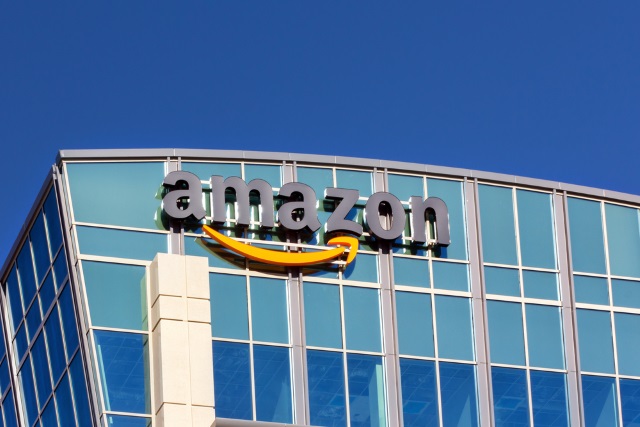
Exclusive: Amazon will launch a payment service in India
A well-placed source tells BetaNews that Amazon is planning to launch a payment service in India. The project by the world's largest e-commerce company is currently underway in a six-month beta program.
The program allows partner sellers in the country to integrate Amazon’s payment option into their respective websites, which will supposedly make it easier for many of them to do business.



